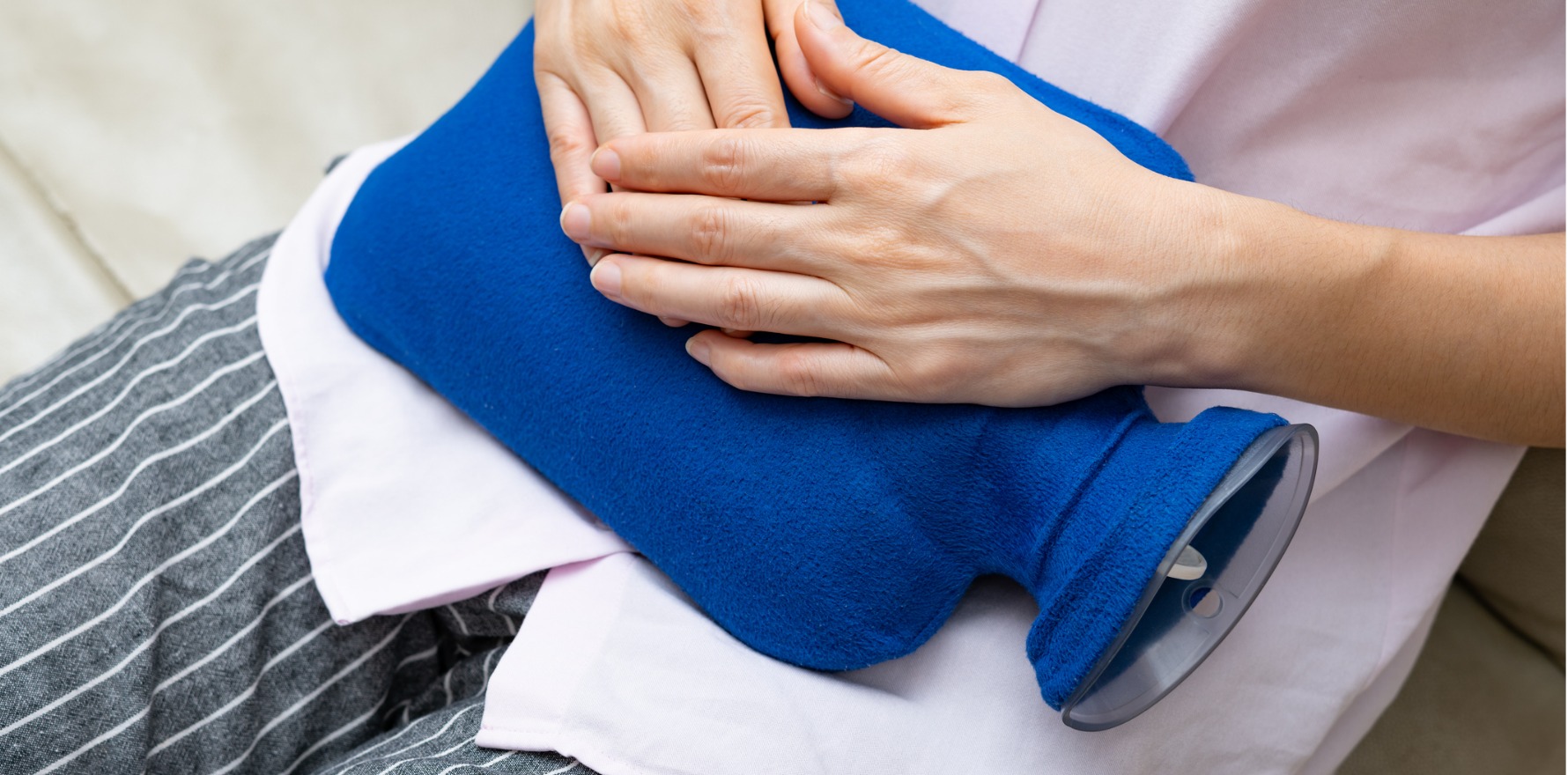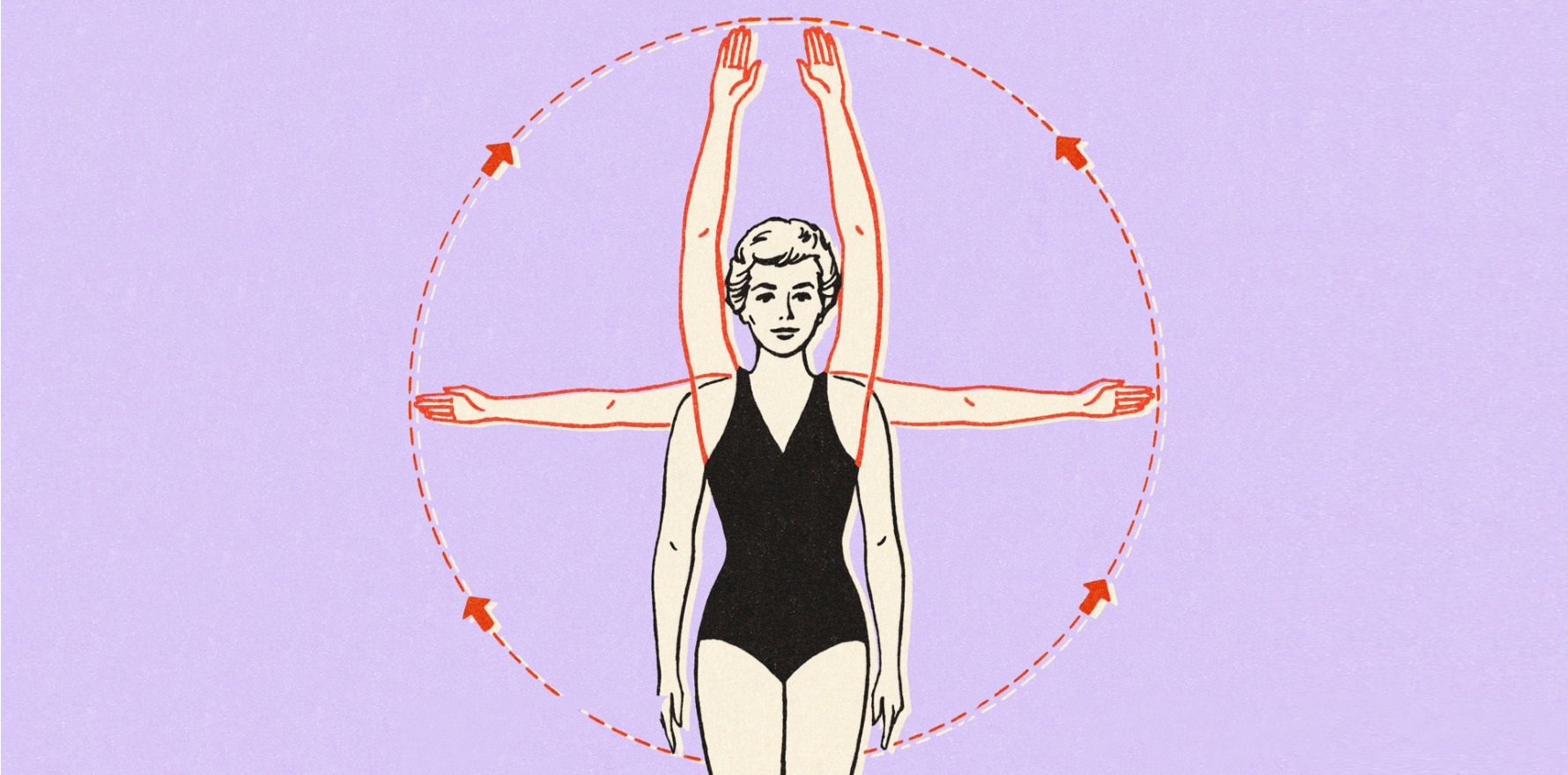‘Insensitive and disrespectful’ medical practitioners have been put on notice.
The Victorian government has launched a new inquiry into women’s pain on the back of survey results showing one in three of the 1700 participants had experienced insensitive and disrespectful medical practitioners who left them feeling dismissed and unheard.
The Inquiry into Women’s Pain will accept submissions until 30 January and will be led by a panel of experts overseen by the Women’s Health Advisory Council. The inquiry will examine “systemic issues and solutions and hear directly from women across Victoria” said the media release from the government.
The survey – as yet not public, with no known publication date at this stage – showed that:
- Four in 10 Victorian women live with chronic pain;
- Around half of participants reported that period-related conditions (heavy periods, cramping, PMS) affected their health and wellbeing;
- Similarly, about 50% said that pregnancy and birth complications continued to impact their health;
- Around 30% said they were affected by the symptoms of perimenopause or menopause;
- 30% said conditions such as endometriosis, menopause and chronic pain led to poor mental health;
- One in three have health conditions that affect their ability to work and keep a job; and
- 20% per cent said they missed out on social connections because of their health.
“This won’t be a mic drop moment for the majority of Victoria’s population, because every woman has either experienced it for herself or knows someone who has. But now we have the evidence to prove it,” said Victorian Premier Jacinta Allan this morning.
Related
“It’s time we stopped treating women’s health like some kind of niche issue. We deserve to have our pain believed and relieved.”
Victorian Health Minister Mary-Anne Thomas said the survey results highlighted the existence of a “systemic gender pain gap”.
“It’s why we are transforming our health system – delivering new women’s health clinics, recruiting more women’s health specialists and establishing more dedicated sexual and reproductive health hubs across the state.”





